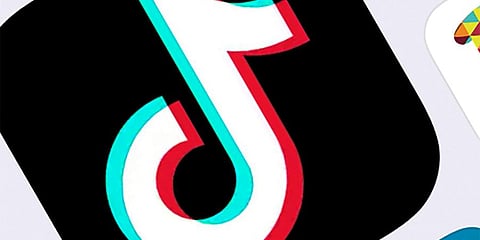

KOZHIKODE: If common people are shocked by the ban on TikTok, thousands of medical students from Kerala pursuing education in China are concerned over the ban on WeChat as it was the major app used in e-learning since the outbreak of Covid-19. Around 5,000 Keralites are pursuing MBBS in various universities in China.As WhatsApp is banned in China, WeChat is the popular app of the same genre used in that country for communication. A few of the Chinese universities have now started to communicate via new apps and email since the ban was announced.
“Study materials, audio and video sessions had been sent and received via WeChat since February since the commencement of e-learning. Our virtual class is being carried out through apps like Tencent Meeting and Tencent Classroom. But WeChat was the major supplementary app used till now,” says Nidha Fathima P, a second-year medical student of Sichuan University from Wayanad.
Covid has not made these students lose a single day of class. “Classes are on from 5.30am to 3.30pm five days a week,” added Nidha. Malappuram native Husna Pallikkunnan, a third-year student of Yangzhou University, said university officials have told her to communicate through email as WeChat has been banned. “There are other apps such as QQ and a university-exclusive app called Tang. Hopefully, study materials will be transferred via these,” she said.
DingTalk to replace WeChat
Hanan Hamza, a third-year medical student of Kunming Medical University, said the university has asked the Indian students to download a new app, DingTalk. “We had been largely dependent on WeChat and software like WeChat Work and Rain Classroom available on the platform. Some of my friends have not been able to download DingTalk,” he said.
Some universities are holding practical sessions through the virtual classroom with teachers pretending as patients and students as doctors sitting at home. “Though the students cannot directly diagnose patients physically, the diagnosis is being done through the virtual classroom. Language exams have already been held online, but not practical exams in core subjects,” said Kozhikode native Revathi A Menon, a medical student of Sichuan University.